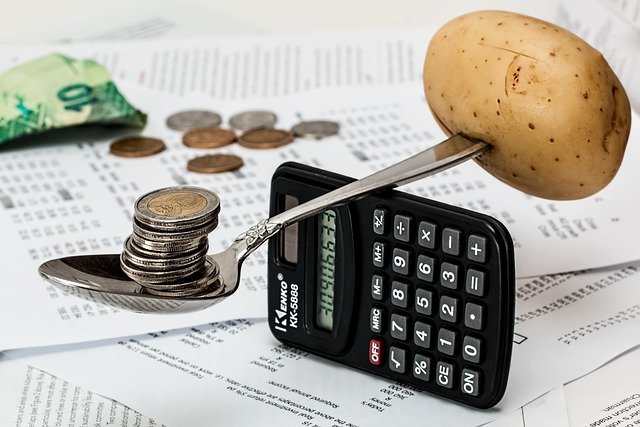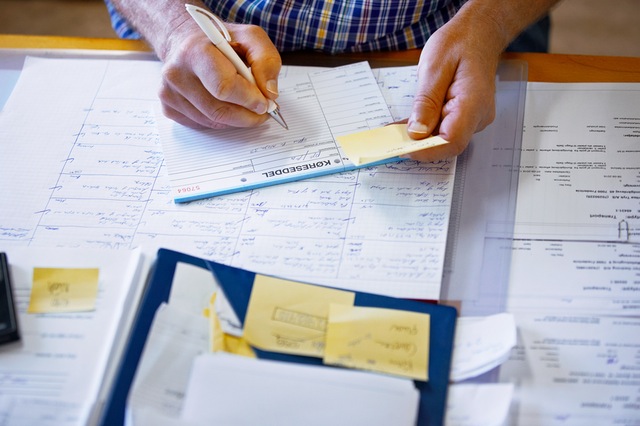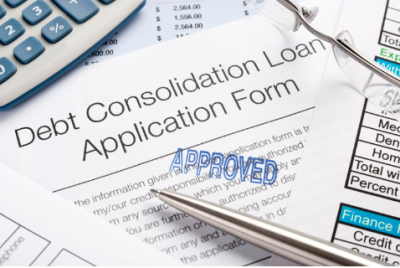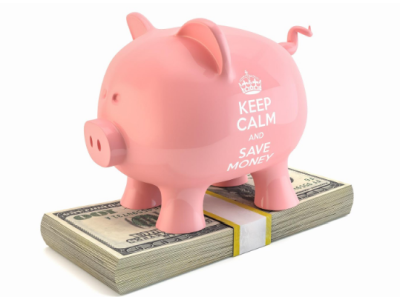What Is Budgeting and Why Is It Important?

With the economy barely recovering, growing numbers of people are feeling the financial strain of stagnant income and rising costs, leading many to wonder “What is budgeting and why is it important?”
Budgeting is the practice of making a financial plan, whether that’s on your own or taking help from software like Figured (if you are a farming business), to determine your current expenses and income, usually on a monthly basis, to manage to spend. This is increasingly important since, in a period of rising costs, people cannot afford to let spending veer out of control.
Despite the benefits of doing so, there are many reasons why someone might avoid making a budget. Fear of seeing one’s actual spending in black and white is one reason, but is probably the worst reason of all; if you’re afraid of seeing what you spend and where you spend it, you probably already know that your finances could be in better shape. Others avoid making a budget because they don’t want to be tied into spending a set amount every month.
But how does a budget work? A strong budget actually isn’t a static figure, where a set amount is allotted to each expense every month without change.
A strong budget actually allows you to be flexible with your spending, which is especially helpful when circumstances change. In fact, a budget better prepares you for these changes and can help you react to situations beyond your control that could otherwise lead to bankruptcy or worse.
What is a Budget?
What is a budget? In simple terms, it’s a financial plan that can change as your needs change. It’s important to note that while a budget can be flexible, this shouldn’t be an excuse to spend the money allotted to a basic necessity, like food, to a one-time purchase, like a new TV.
The purpose of a budget is to allow you to have the money to buy items like that TV by saving over time while still providing for your needs. The best budgets allot money to any regular, recurring expenses, including the expense of saving. At a minimum, a budget should account for:
- Income from all sources
- Mortgage or rent
- Other secured debt
- Utilities
- Credit card debt
- Groceries
- Transportation costs
- Retirement savings
- Emergency savings
- Incidentals, like eating out or going to the movies
Budgets should always be based on your available funds, i.e., what you make in a month or a week. Budgeting for a raise that may or may not occur in the future is a sure way to blow an otherwise strong budget out of the water.
One of the best pieces of financial advice I ever received was to never count on getting a raise, and when a raise does happen, to put the difference directly into a savings account. This does make sense; after all, if you were living on X amount every month before, a raise necessarily doesn’t mean that the amount of money you need to survive has changed!
How Does a Budget Work?
Now you know what a budget is, how does a budget work? To make the most of a budget, you should analyze your expenses against your income. If what you’re spending exceeds what you’re making, you are on a path to financial disaster.
The purpose of a budget is to avert these kinds of mistakes and allow you to adjust your spending. For example, are you dining out occasionally but find yourself unable to pay the utilities when due? That means that you shouldn’t be dining out until you can reduce some of your other expenses, such as your credit card debt or transportation costs.
You might also be inspired to try negotiating some of your other costs, such as your utility bills. Learning how to negotiate can help you stick to a budget. Many service providers are open to negotiation, especially if you have the option to switch to another provider.
This is also helpful with big-ticket items, where there is more room for the seller to negotiate on price and still make a profit. For great tips on negotiating skills and tactics, read these tips on negotiating with car dealers that can also be used to negotiate with others.
There are also many free online tools that you can use to create, manage, and understand budgeting. Some of the best include:
- Mint.com, which categorizes your spending, provides alerts, and can even track investments.
- Billster, which in addition to managing personal budgets can also handle shared budgets between roommates and others.
- BudgetTracker, which syncs between your computer and mobile devices for budget tracking, account management, and bill reminders.
Why Is a Budget Important?
Those who have never made one and have not seen the need might well ask “Why is a budget important?” Reducing unnecessary costs and saving money are two of the best ways to become financially stable and stop living from paycheck to paycheck. Retirement becomes a realistic goal, and those with a budget are less likely to see credit card debt as a viable solution to financial problems.
Once you have your finances under control, financial goals like buying a home or even just going on vacation become easier. Additionally, accurate budgeting at the first sign of financial problems is one of the best ways to avoid bankruptcy. To read other tips for avoiding bankruptcy, be sure to check out Stumble Forward’s article “How to Avoid Bankruptcy – 5 Options For You to Consider.”
Once you do have a handle on your budget, the last thing you want to see happen is your efforts wasted through identity theft and other scams that can cost you thousands of dollars. It’s always a good idea to have identity theft protection in place, and Identity Guard Total Protection is one of the best. Read Stumble Forward’s review of this service here.
Now you know the answer to “What is budgeting and why is it important?” The flexibility inherent to a budget lets you see and adjust where your money really goes, especially if you sit down and come up with accurate estimates for your expenses and income based on past bills and credit and bank card statements.
Like any lifestyle change, living on a budget does take adjustment. However, once you feel the financial security that comes from controlling your spending, you’ll wonder how you lived without a budget before.







Making a budget is by far the most important thing we have ever done with our finances. It has allowed us to decide where our money is going and to allocate money to save in a way that we didn’t do before.
I couldn’t agree more. I think back to before my wife and I had a budget and everything always seemed to be all over the place. One month we would be way up, the next we would be way over our budget. I think for us it gives a certain sense of peace that we know things are going in the right direction.
Having a budget (and sticking to it) is extremely important! I wouldn’t be out of debt today if I hadn’t taken the time to calculate everything I was bringing in and everything that was going out. It’s probably one of the most important tools in the debt arsenal you can have!
Isn’t it amazing how much a budget will shed light on how you are spending your money. The first budget I ever ran put me into shock literally because I didn’t realize how much I was spending and how much I was not saving. Today things are totally different, I’ve become an excellent saver to point now that I am able to build a new house in just a few short years. Thanks for the comment Carrie.